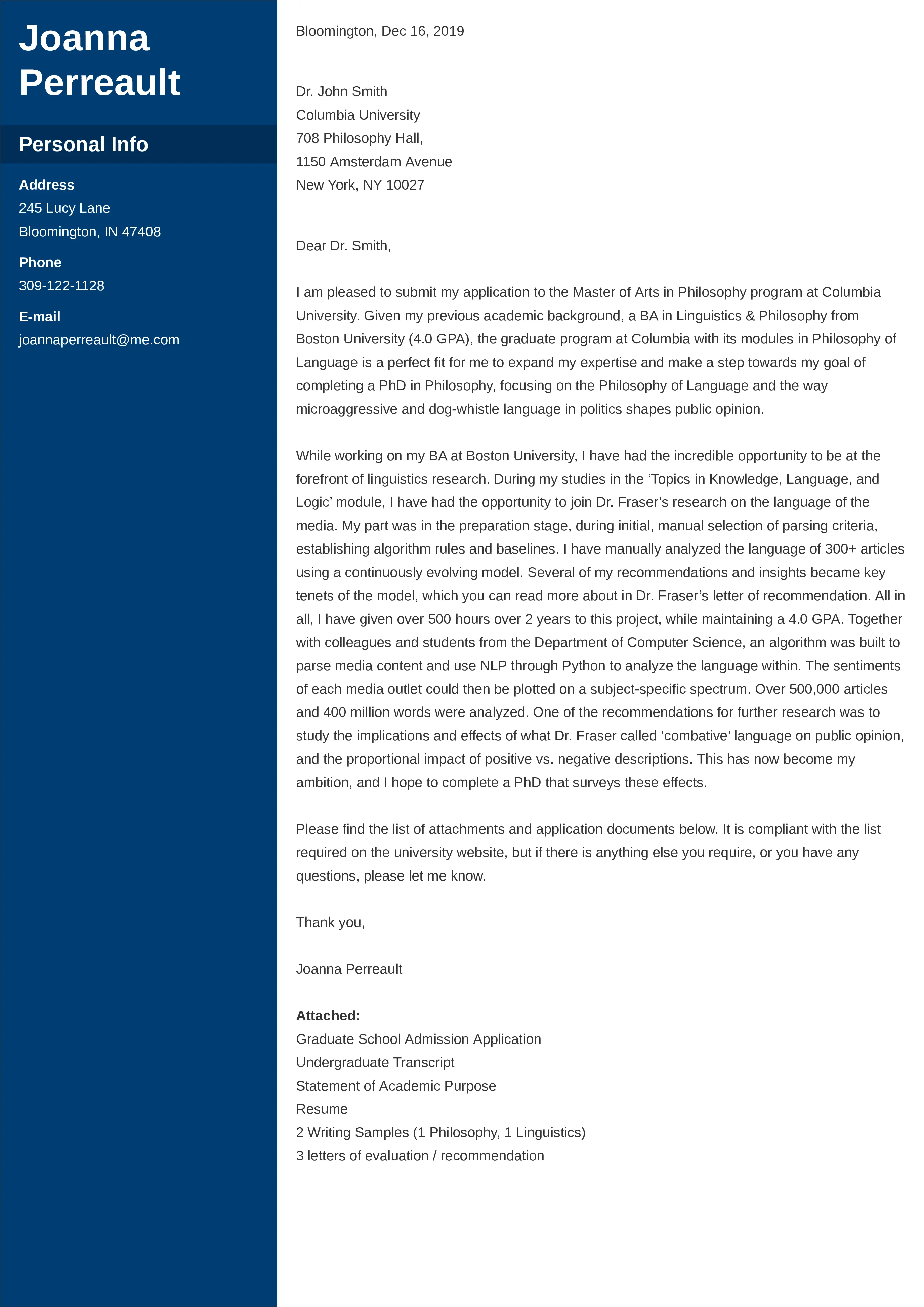Understanding the Importance of a Bachelor’s Degree Cover Letter
A cover letter is a crucial component of your job application, especially when you’re a recent bachelor’s degree graduate. It’s your first opportunity to make a positive impression and demonstrate why you’re the perfect candidate for the role. Unlike a resume, which is a summary of your qualifications, a cover letter allows you to provide context, personality, and a narrative that connects your education, skills, and experience to the specific job requirements. Think of it as a bridge connecting your past academic and professional journey to the future opportunity, showcasing your enthusiasm and suitability.
Why a Cover Letter is Crucial
In a competitive job market, a well-crafted cover letter sets you apart. It provides an opportunity to elaborate on your skills and experiences in a way that a resume cannot. It’s your chance to show your personality, express your passion for the role, and demonstrate your understanding of the company and its needs. Many hiring managers consider a cover letter essential, as it reveals your communication skills, attention to detail, and genuine interest in the position. By strategically showcasing your bachelor’s degree, you emphasize the value you can bring to the table. Without a cover letter, your application might appear generic and less compelling.
Highlighting Your Academic Achievements
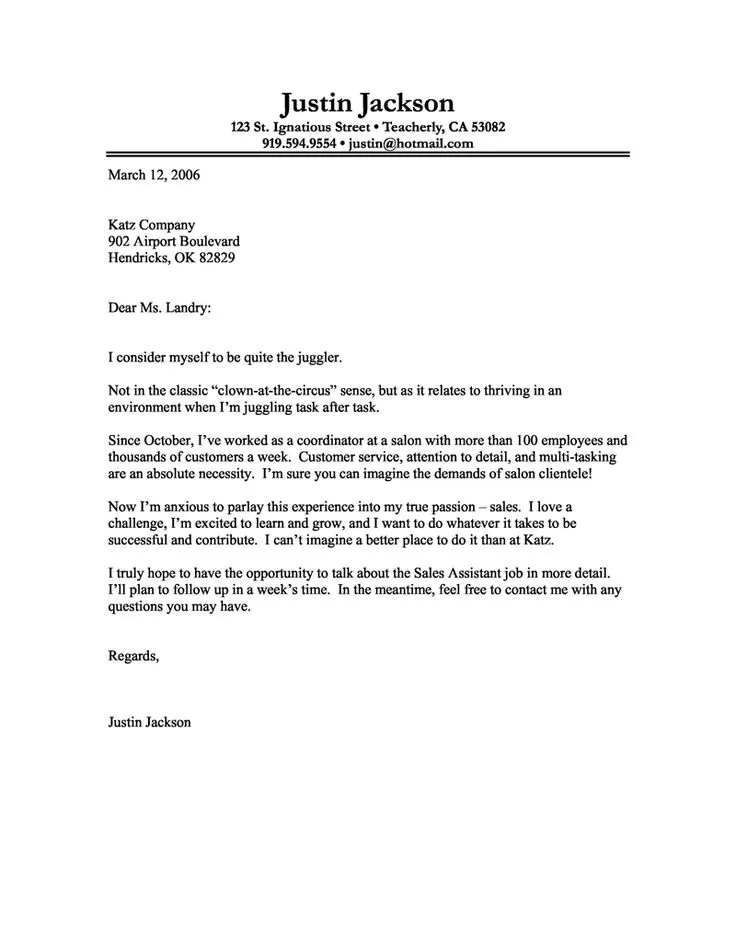
Your bachelor’s degree is a significant achievement, and your cover letter should reflect that. Don’t just mention your degree; highlight relevant coursework, projects, and academic awards. Mentioning specific skills learned through your degree, such as research, critical thinking, or project management, can directly correlate to job requirements. If you have a high GPA or received any academic honors, include them. Briefly describe any significant research projects, internships, or extracurricular activities that showcase your abilities and align with the job description. Show how your academic background has prepared you for the demands of the role you’re applying for.
Structure of a Winning Bachelor’s Degree Cover Letter
A well-structured cover letter is easy to read and makes a positive impression. The format should be professional, clean, and organized. The general structure is a standard business letter format, comprising a header, an opening, body paragraphs, and a closing. Each section serves a specific purpose, contributing to a cohesive and persuasive argument about why you are the best candidate. Careful attention to the structure ensures clarity, professionalism, and that your key qualifications are effectively communicated to the hiring manager. This structured approach ensures you effectively convey all necessary information.
Header Essentials
The header should include your contact information and the date. This helps the recruiter easily reach out to you. Accuracy and neat presentation are crucial for the header. Ensure all your contact details, including your name, phone number, email address, and optionally, your LinkedIn profile link, are correctly displayed. Use a professional font and format. The date should be the date you are submitting the letter. Directly below the date, include the recipient’s information, which includes their name, title, company, and address. If you do not know the hiring manager’s name, then search online or use “Hiring Manager”.
Contact Information

Your contact information should include your full name, phone number, and a professional email address. Double-check that your email is active and represents you well. Including a link to your LinkedIn profile is also a good practice. It provides an easy way for the hiring manager to see your professional profile and accomplishments. Keep this section clean, concise, and easy to read. This information allows the recruiter to easily contact you for an interview or to request further details.
Date
The date should be the current date, the day you are sending your cover letter. Place the date directly below your contact information. Use a standard date format, such as Month, Day, Year (e.g., July 20, 2024). Using the correct date helps the hiring manager understand when you applied and keeps your application organized within their system.
Recipient’s Details
Include the hiring manager’s name, title, company name, and address. Address the letter to a specific person whenever possible. Doing so shows that you have taken the time to research the company and the role, which demonstrates initiative and genuine interest. If you cannot find the hiring manager’s name, use “Hiring Manager” or the title of the person responsible for hiring. Accuracy in this section shows attention to detail and respect for the company. If the address is needed, ensure it is the official business address.
The Opening: Grabbing Attention
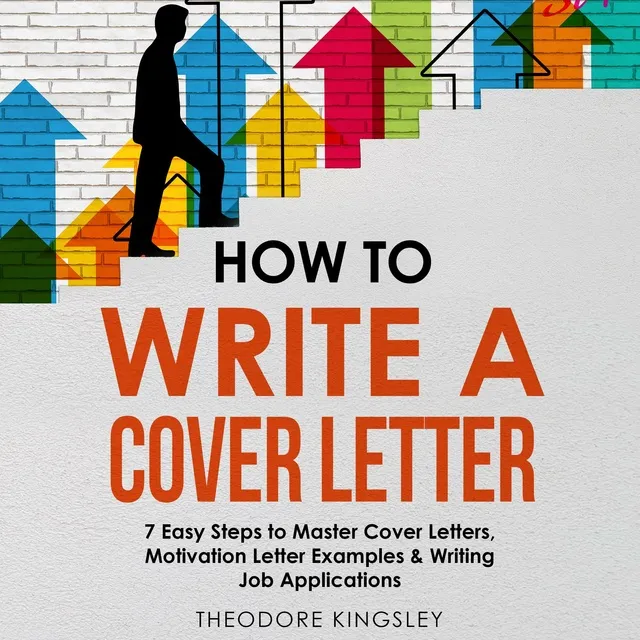
The opening paragraph is your first chance to make a strong impression. Start with a clear and engaging statement that grabs the reader’s attention. Mention the specific position you are applying for and where you saw the job posting. Briefly state why you are interested in the role and the company. Demonstrate your knowledge of the company and your genuine interest in the position. This should be concise, enthusiastic, and directly address the hiring manager’s attention, making them want to continue reading. Avoid generic opening lines; instead, personalize your message to stand out from the crowd.
Personalizing Your Greeting
Address the hiring manager by name if possible. “Dear Mr./Ms./Mx. [Last Name]” is the most professional greeting. Research the hiring manager’s name and title before sending the cover letter. If you cannot find the name, use a general greeting like “Dear Hiring Manager.” Avoid using generic greetings such as “To Whom It May Concern” or “Dear Sir/Madam,” as they show a lack of effort. A personalized greeting demonstrates attention to detail and respect.
Body Paragraphs: Showcasing Your Skills
The body paragraphs are where you demonstrate how your skills and experience align with the job requirements. The content should be focused and persuasive, using specific examples to support your claims. The focus here is to connect your educational background and skills with the job requirements. Explain how your bachelor’s degree has prepared you for the role. Make sure you are showing your ability to contribute to the company’s success. Structure the body paragraphs to highlight your most relevant skills and experience, using a few focused paragraphs to articulate your value proposition. Show why you are a good fit for the role and the company.
Connecting Education with Job Requirements
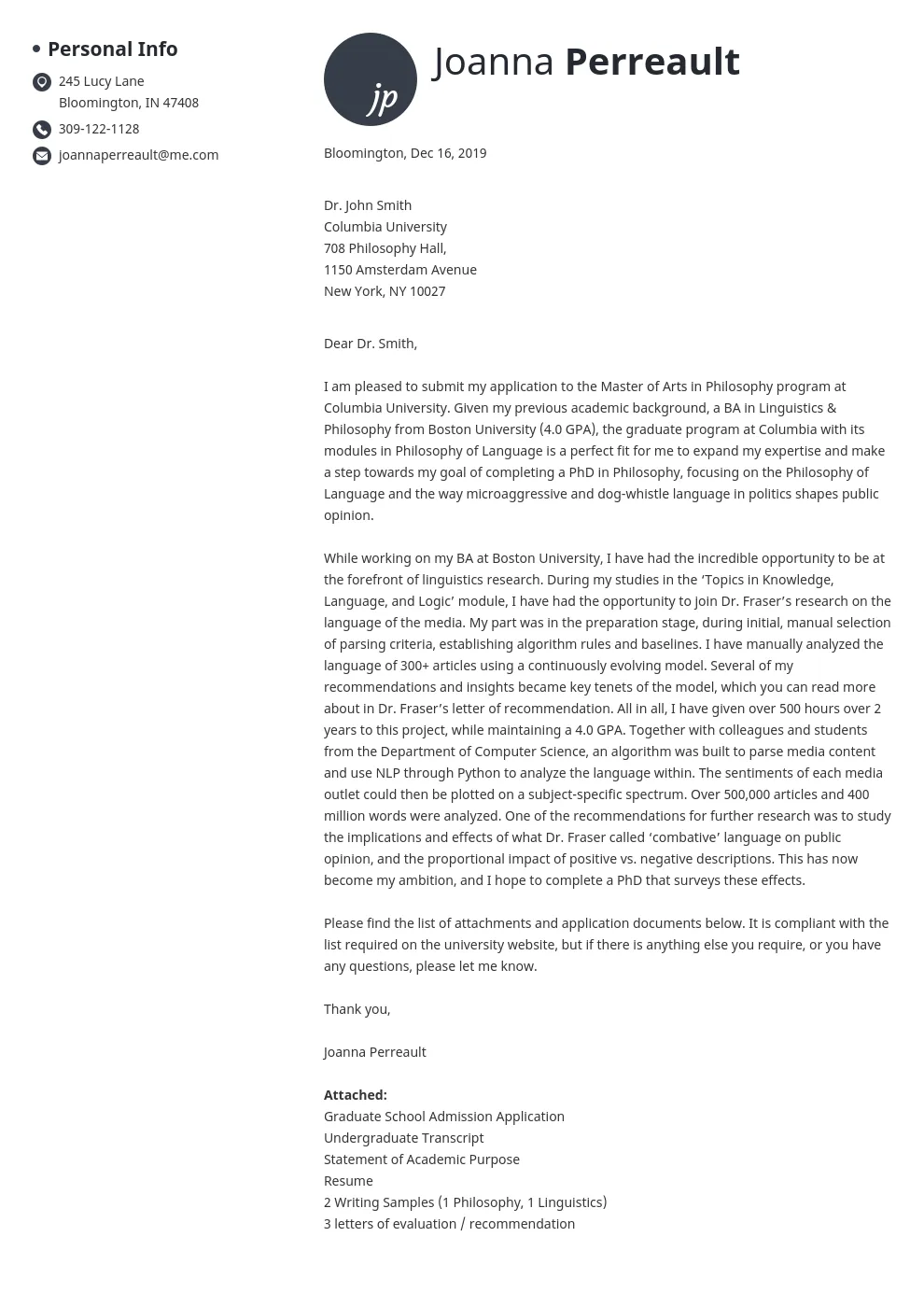
Carefully review the job description and identify the key skills and qualifications the employer is seeking. Tailor your cover letter to address those specific requirements. Show how your coursework, projects, and academic experiences have provided you with the skills and knowledge needed for the role. Mention any relevant academic achievements, such as honors, awards, or projects that relate to the job requirements. Ensure your educational background clearly supports your ability to excel in the position. This will establish a clear connection between your educational background and the job’s demands.
Skills to Highlight
List your skills that are relevant to the job. These may include technical skills, soft skills, and any industry-specific knowledge. Highlight your skills, using action verbs to describe what you did and the results you achieved. Quantify your achievements whenever possible. For instance, instead of saying, “Managed social media accounts,” say “Increased social media engagement by 30% through strategic content creation.” Use the job description as a guide to identify the skills the employer values most. The clearer you are about demonstrating your skills, the stronger your cover letter will be.
Quantifying Achievements
Back up your claims with quantifiable results. Use numbers, percentages, and specific examples to demonstrate your accomplishments. For example, if you improved a process, mention the percentage of improvement. If you led a project, mention the number of people involved and the successful outcome. Using data and figures enhances your credibility and gives the hiring manager a clear understanding of your impact. Numbers prove your claims and help the hiring manager to understand how you add value.
Demonstrating Enthusiasm
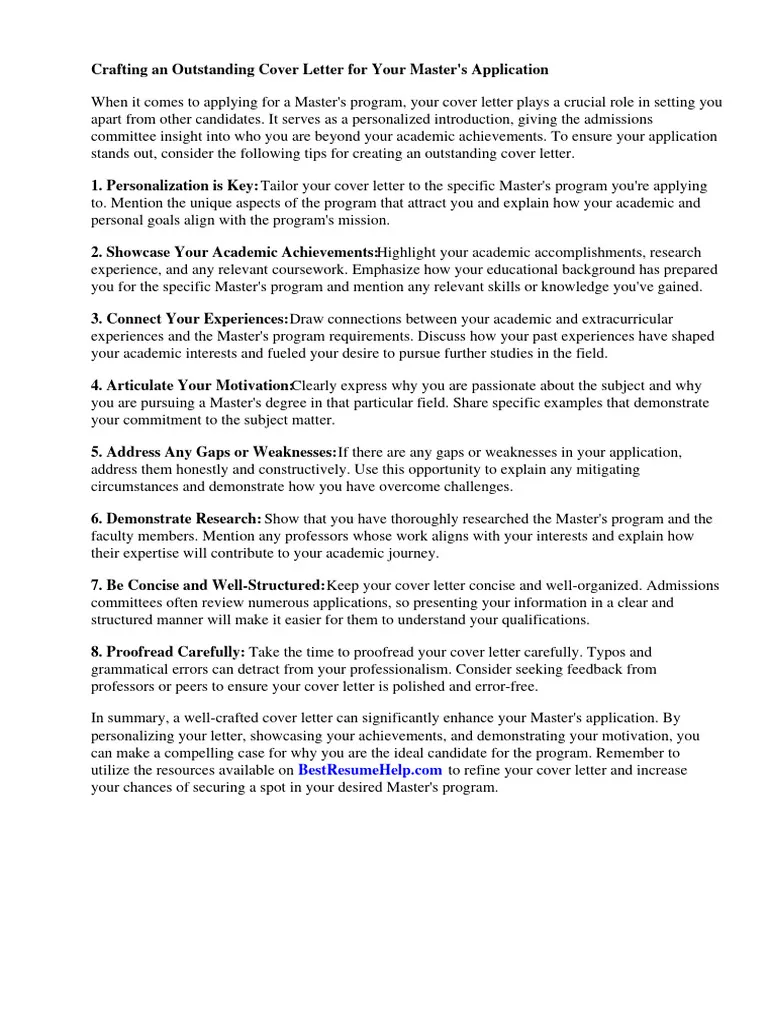
Express your enthusiasm for the position and the company. Describe what attracts you to the role and why you want to work there. Show your understanding of the company’s mission, values, and goals, and explain how your skills and experience align with them. Your genuine interest and passion can make a lasting impression on the hiring manager. This is a key opportunity to make your cover letter shine by showing why you are a great fit and are motivated to succeed.
The Closing: Making a Strong Impression
Your closing paragraph should reaffirm your interest in the position, summarize your key qualifications, and provide a clear call to action. It’s your final chance to leave a positive and memorable impression on the hiring manager. The conclusion should be concise, confident, and focused on the next steps in the hiring process. Ensure your closing paragraph emphasizes your value and motivates the hiring manager to take the next step.
Call to Action
Clearly state your interest in an interview and how you can be contacted. Indicate your availability for an interview and any other details that will assist the hiring manager in the recruitment process. Provide your phone number and email address again. It’s also good to reiterate your enthusiasm for the role and the company. This action encourages the hiring manager to take the next steps.
Professional Sign-Off
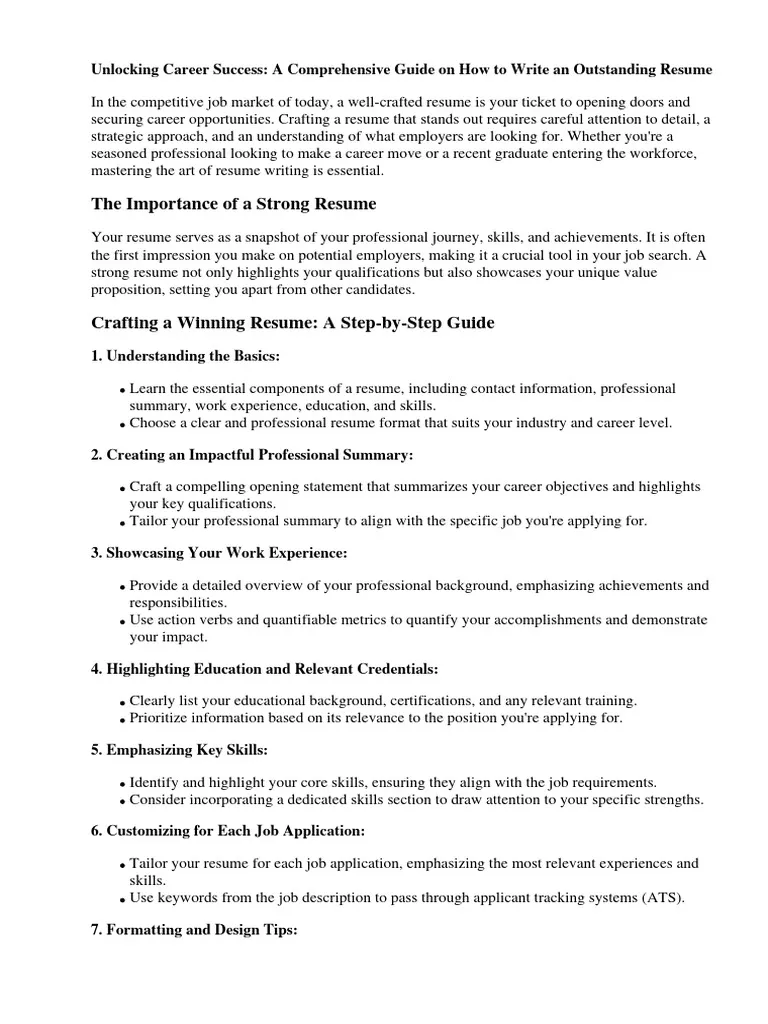
Use a professional sign-off such as “Sincerely,” “Best regards,” or “Yours sincerely.” Then, leave space for your signature (if printing the letter) or type your full name. Ensure your closing is formal and respectful. This will demonstrate professionalism and polish, which can leave a positive final impression. Remember that a well-crafted cover letter is a key step to landing your dream job.
